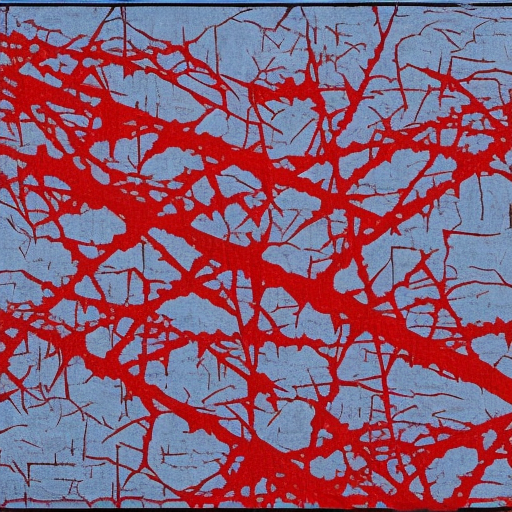One-line Summary:
Justice League: The Flashpoint Paradox, directed by Jay Oliva, is a thrilling animated film that explores the consequences of time travel and alternate realities. When the Flash travels back in time to save his mother from being murdered, he inadvertently creates a fractured timeline where the world is on the brink of destruction. With the help of his fellow superheroes, the Flash must navigate this new reality and find a way to restore the timeline before it’s too late.
Main Cast and Crew:
- Director: Jay Oliva
- Writers: James Krieg (screenplay), Geoff Johns (story)
- Key Actors: Justin Chambers as Flash/Barry Allen, C. Thomas Howell as Professor Zoom/Eobard Thawne, Michael B. Jordan as Cyborg/Victor Stone, Kevin McKidd as Batman/Thomas Wayne, Nathan Fillion as Green Lantern/Hal Jordan, Vanessa Marshall as Wonder Woman/Diana Prince
- Music Director: Frederik Wiedmann
- Director of Photography: Not applicable (animated film)
- Producers: James Tucker, Alan Burnett
Plot:
The Flash, Barry Allen, wakes up in a world where everything has changed. His mother is alive, but his powers are gone, and the world is on the brink of destruction. He soon discovers that his time travel experiment has created an alternate reality known as the Flashpoint. In this reality, Aquaman and Wonder Woman are at war, Superman is nowhere to be found, and Batman is not Bruce Wayne but his father, Thomas Wayne.
As Barry tries to make sense of this new reality, he seeks the help of Batman, who is a much darker and more ruthless version of the hero he knows. Together, they form a team of superheroes, including Cyborg and Green Lantern, to stop the war between Aquaman and Wonder Woman and restore the timeline.
Throughout their journey, the Flash and his team encounter familiar faces with altered identities, such as a powerless Superman held captive by the government and a vengeful Captain Cold. They also face the wrath of Professor Zoom, the Reverse-Flash, who orchestrated the events leading to the Flashpoint.
The Flash must confront his own guilt and learn to accept the consequences of his actions. He realizes that his desire to save his mother has caused immense suffering and chaos. With the fate of the world hanging in the balance, the Flash must make a difficult choice: sacrifice his own happiness to restore the timeline or risk losing everything he holds dear.
Themes and Motifs:
Justice League: The Flashpoint Paradox explores themes of responsibility, consequences, and the nature of heroism. The film delves into the idea that even the smallest actions can have far-reaching effects. It also examines the sacrifices heroes must make and the weight of their choices. The alternate reality created by the Flash’s actions serves as a cautionary tale, reminding viewers of the importance of accepting the past and embracing the present.
Reception and Legacy:
Upon its release, Justice League: The Flashpoint Paradox received critical acclaim for its mature storytelling, complex characters, and stunning animation. It was praised for its emotional depth and exploration of darker themes. The film won the award for Best Home Entertainment Release at the 2014 Saturn Awards.
The Flashpoint Paradox has had a lasting impact on the DC animated universe, serving as a launching point for subsequent animated films and television series. It has become a fan favorite and is often regarded as one of the best DC animated films to date.
Recommendation:
Justice League: The Flashpoint Paradox is a must-watch for fans of the DC universe and animated films. Its gripping storyline, well-developed characters, and thought-provoking themes make it a standout entry in the genre. The film’s exploration of alternate realities and the consequences of time travel will keep viewers on the edge of their seats.
Memorable Quote:
“Sometimes, the world needs a Batman.”












